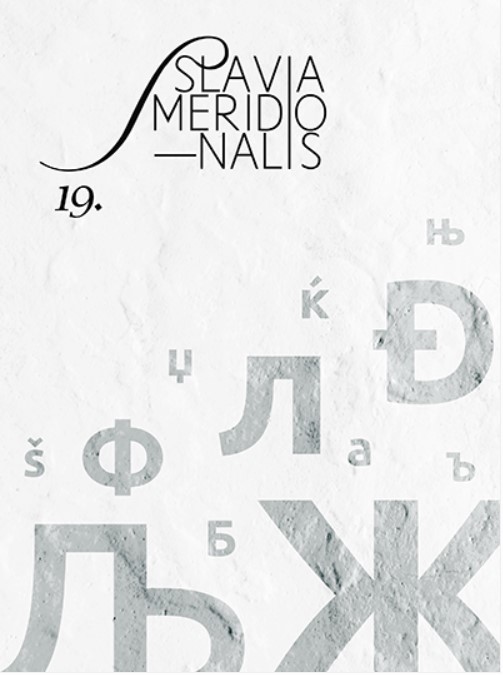Narod protiv Olivera Frljića ili Poljska poslije Kletve
The people against Oliver Frljić, or Poland after The Curse
Author(s): Dominika KanieckaSubject(s): Theatre, Dance, Performing Arts, Sociology of Politics, Politics and Identity
Published by: Instytut Slawistyki Polskiej Akademii Nauk
Keywords: performativity; Oliver Frljić; The Curse; engaged art; public sphere; national identity;
Summary/Abstract: In the spring of 2017, the play entitled The Curse, directed by Oliver Frljić premiered at one of Warsaw theatres. It was not the first attempt to perform in Poland on the part of the Croatian director, well known as a controversial artist whose plays discuss social and political issues. His previous appearances on Polish stages usually evoked an air of scandal. The content of The Curse, too, had its producers investigated by the state prosecutors soon after its premiere; and blasphemy and incitement to crime in the theatre were discussed in the public sphere. The Curse is a loose adaptation of Stanisław Wyspiański’s drama, originally written in 1899. It deals provocatively with questions about modern religiousness and non-religiousness, touching upon relations between the Polish Catholic Church and the state, and upon national identity in contemporary Poland. This paper is focused on reactions to Frljić’s play, especially on different ways of expressing public anger as the most frequent reaction; it shows how politicians, members of religious and nationalist groups and other protesters became part of the performance. It aims to explain the success of one of the most scandalous theatrical ventures in Poland, describes the peculiarity of the Polish context, the dynamics of reaction of opponents and students of Frljić’s activities, and shows the lasting consequences as well as the performative potential of the Croatian director’s presence in the Polish public sphere. A very important circumstance in researching The Curse is that – as emphasized both in the performance itself and in the public debate – Polish national values were criticized by an outsider, in other words, by the Other.
Journal: Slavia Meridionalis
- Issue Year: 2019
- Issue No: 19
- Page Range: 1-18
- Page Count: 18
- Language: Croatian

